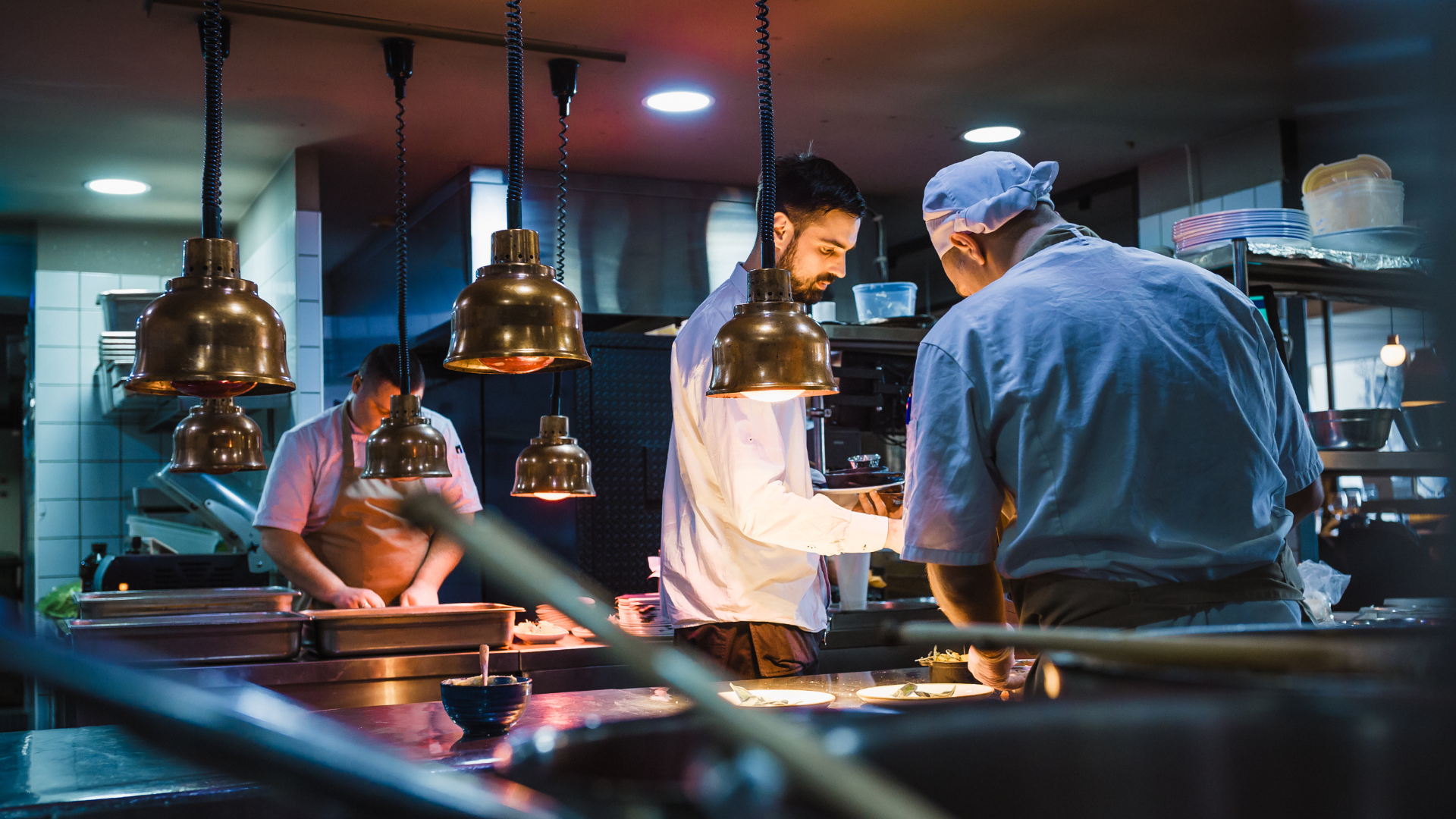Growth in the hospitality industry can mean different things. It might be a physical expansion, or something more conceptual, such as an increase in the product offering, broadening the target audience, improving the booking and table management software and so on.
Figuring out which path to take in scaling the venue depends on the venue-at-hand, but there are different things to consider when looking at growing the business
1) Research
Figuring out a strategy that is attainable, manageable and profitable likely requires consultation with relevant parties. This might include discussions with employees regarding the training and resources needed to implement changes. It might also require meetings with the management team regarding the areas of the business under review, and how resources should be allocated in order to maximise growth. Then there’s the customer base. Consider using the data, engaging in discussion with regulars and soliciting feedback in person – and online – regarding what they would like to see changed. Perhaps they might suggest a pivot – such as private dining, a move to takeaway or a change in opening hours – things that were not, otherwise being considered.
2) The strengths of the venue
An interesting challenge is determining whether to orient growth around the strengths of the venue. For example, if the success of the venue is largely driven by the skills and creativity of the kitchen, it might be worth allocating time and resources in scaling that operation. But, there might be a risk of interrupting a rhythm or system that has been working well. Moreover, if the venue has worked well within a specific area, it’s worth considering how the venue will fare if set up in other locations, and whether the marketing and promotional campaigns will be as effective. A challenge faced by popular Asian fusion restaurant Rice, Paper Scissors – in their recent pop-up expansion in Hong Kong – was finding the right staff, so the business would succeed internationally, like it has in Melbourne. Identifying the strengths of the venue – and determining whether to develop strengths, or minimise/eradicate weaknesses– is really important moving forward.
3) Costs involved
Increasing financial cost is always a factor to consider when pursuing a growth strategy, but it’s not the only potential cost. For example, there’s the opportunity cost: growing any business requires time and effort that could be spent elsewhere. Then there’s the risk of burn-out. Expanding the venue while managing it in its existing form will likely be stressful for everyone involved, and could lead to increasing fatigue and dwindling passion for the business.
Determining what form of growth will be sustainable in the long-run is important. Juggling multiple locations or a bigger menu might be profitable, but if it’s not the best fit for management or the team, perhaps it’s not worth pursuing. A good example to consider is XO restaurant in Canberra. They’ve invested in their infrastructure like ResDiary in order to open multiple venues, and have reinvented and shifted their business model over time, so as to ensure their growth was sustainable.
4) What’s in demand
Growing a venue typically involves a process of figuring out what is – or will be – attractive to customers, and whether the venue is well-placed to meet those needs. Perhaps the venue is already providing that offering, and needs to allocate resources toward creating more dining space, or finding a more efficient means of filling tables. Or, maybe growth takes the form of a totally new service or offering in the future. Whatever it is, growth should have the customer front-of-mind, and with the aim of meeting their actual or potential demands.
Growth isn’t something to be taken lightly, as it has the capacity to transform the venue. There’s a wide range of strategies that can be adopted, and determining the right approach – in line with the strengths of the venue, wishes of customers and capabilities of relevant parties – is a critical first step.
Learn how ResDiary helps you efficiently grow your hospitality business by driving more bookings, more easily.
Disclaimer: This guide is general in nature and does not take into account your individual circumstances. Before acting on any information, you should consider whether this is right for your business.




